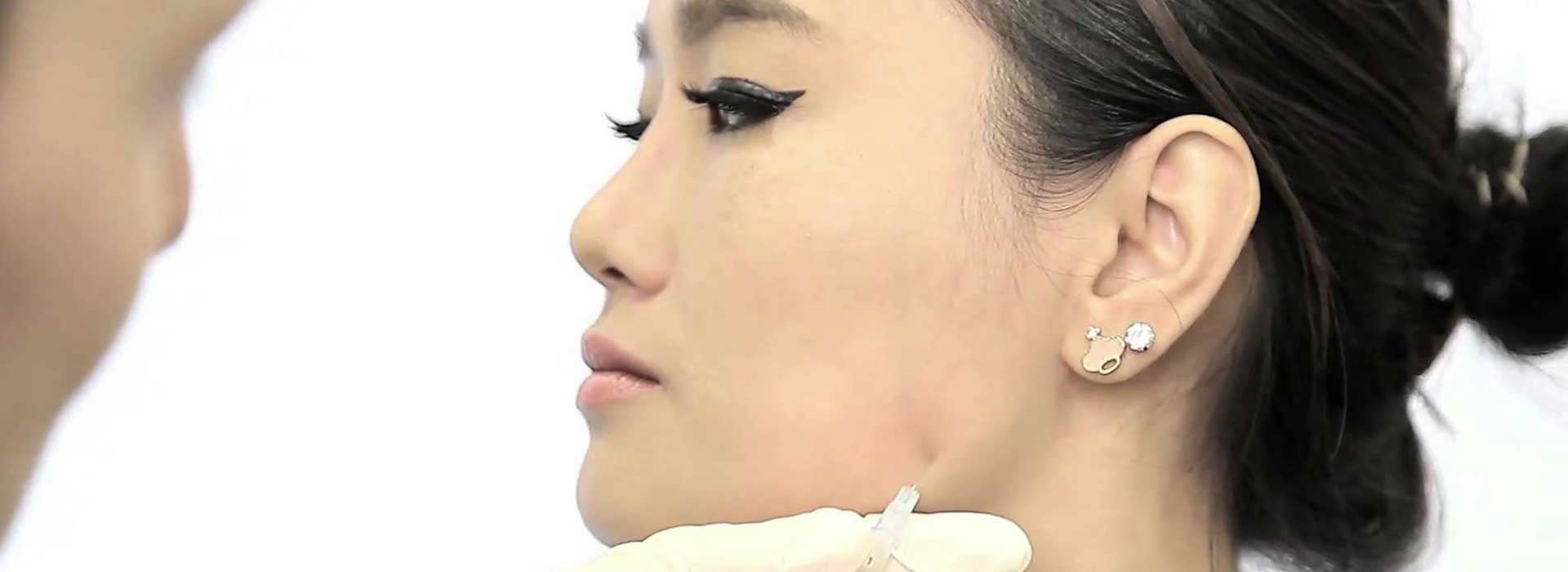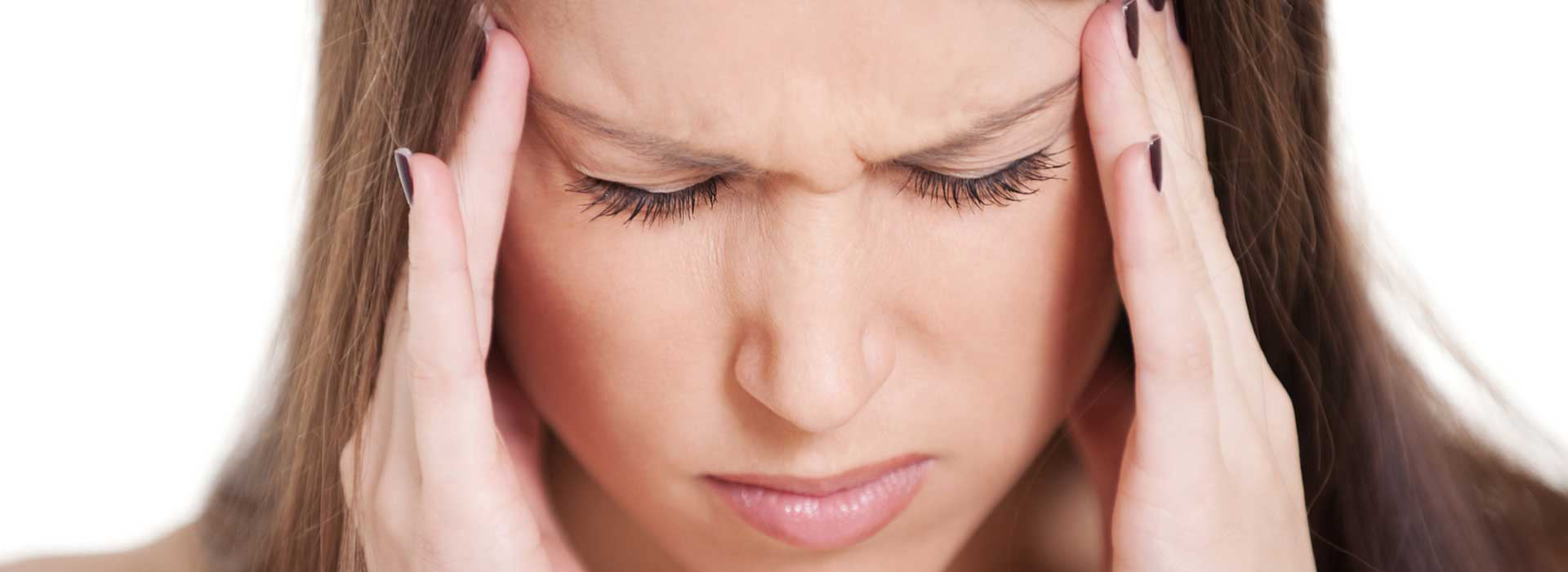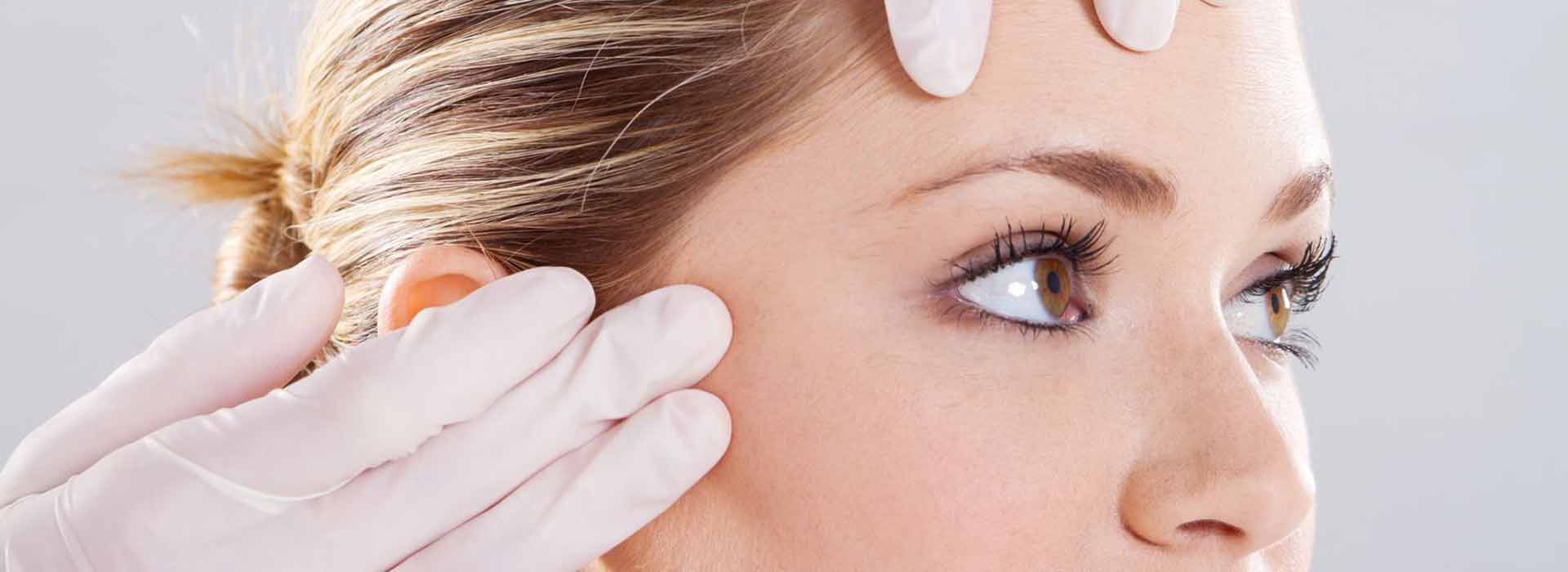
Botox Treatment for Bruxism
Bruxism is the medical term for teeth clenching and grinding, either while awake or asleep, which can lead to physical painful and severe dental problems. Chronic teeth grinding can cause headache, earaches, facial pain, and even migraines. Bruxism sufferers who grind and clench their teeth while sleeping frequently wake up with a sore jaw. Hypertrophy of the masseter muscle, which may lead to the appearance of a severe square jaw, is another side effect of bruxism. Treatments with Botulinum Toxin Type A., commonly known as Botox, can provide relief from jaw soreness, headaches, and other unpleasant problems associated with Bruxism. Botox treatments for Bruxism can also soften the appearance of the jaw line.
Botox vs. Conventional Bruxism Treatments
Recently, Botox has proven to be an ideal treatment option for targeting and treating excessive muscle activity and spasticity. Many other treatments, such as anti-inflammatory medications and dental devices, do not address the source of the problem. Although dental devices can successfully protect teeth from damage at night for bruxism sufferers, they are ineffective in stopping the painful side effects of teeth grinding..
The Procedure
By injecting small doses of Botox directly into the masseter muscle (the large muscle that moves the jaw), the muscle is weakened enough to stop involuntary grinding of the teeth and clenching of the jaw. This significantly relaxes the muscle and reduces the wear and tear on the teeth due to grinding. Damage to the TMJ (temporomandibular joint) and headaches should be reduced or eliminated as well. Voluntary movements, such as chewing and facial expressions, are not effected at all by botox.
Effectiveness of Botox for Bruxism
Although botox injections are not a cure for bruxism, they can effectively control the uncomfortable symptoms better than a nightguard for some patients. Botox used for treating bruxism typically lasts for three to four months.
Bruxism
Botox injections into the masseter will decrease the muscle's activity and reduce the ability to clench as hard

Headaches
Using Botox in the head and neck is used to treat chronic migraines. The relieving effect typically lasts 3 to 4 months

Wrinkles
Dr. Diduch uses Botox or Dysport to decrease wrinkles and frown lines focusing on maintaining a natural look.

